6 Ways to Protect Yourself against Blue Light Eye Damage
-
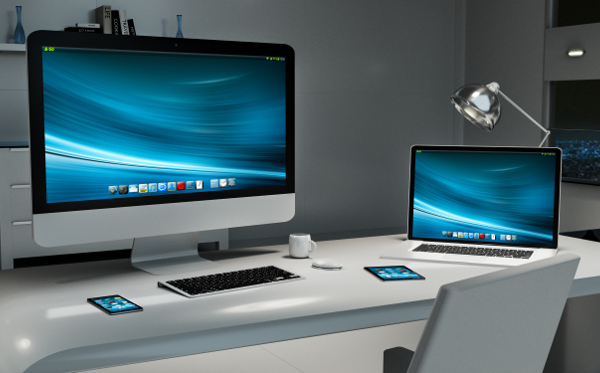
How much time do you spend on a computer every day? What about your smartphone? Tablet? Etc. A 2016 study from the Nielsen Company found that adults in America spend an average of 10 hours and 39 minutes every day staring at one type of digital device or another. This time period increased a full hour compared with a similar study the company ran in 2015.
All digital devices emit something called “blue light,” a low wavelength, high energy light that has the potential to damage the eyes over the long term. Although there are other sources of blue light that we’re exposed to on a regular basis (the sun also emits blue light), the concern with digital devices relates to their close proximity to users and the ever increasing amount of time they are being used. Children are a particular concern because their developing eyes absorb more blue light than adults, putting them at greater risk of damage.
Blue light in and of itself is not all bad. It can boost alertness and mood, it supports cognitive function and memory and it helps to regulate the body’s natural sleep cycle (circadian rhythm). But overexposure can lead to things like digital eyestrain (computer vision syndrome) and retinal cell damage (which can increase risk for issues like macular degeneration).
Digital devices play an integral role in our lives, so it’s not realistic to suggest you avoid them entirely. However, there are a number of things that can be done to help minimize potential problems.
Here are 6 ways to protect yourself against blue light eye damage:
-
1. Boost Your Macular Pigment

The primary blue-light absorbing tissue in the eye is the macular pigment. It is the thin layer of yellow tissue that sits in the very center of the eye, called the macula. This pigment is composed of three carotenoids: lutein, zeoxanthin and meso-zeoxanthin. These carotenoids can be enhanced with supplementation. So when selecting nutrition to protect your eyes, ensure that the formula contains all three carotenoids, such as Lumegaz shown above.
-
2. Invest in Computer Glasses
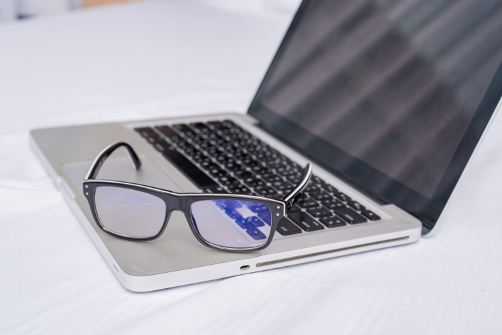
Sometimes taking frequent breaks from your computer may not be sufficient to prevent eye strain. If you’re eyes are particularly sensitive, or if you spend exceedingly long hours working on computers, consider investing in a pair of computer glasses. Their yellow-tinted lenses block harmful blue light and minimize digital eye strain. Also, if the pair of glasses is properly prescribed for the exact working distance, which can help to relax the eyes while working and reduce eye strain.
-
3. With Anti-reflective Lenses
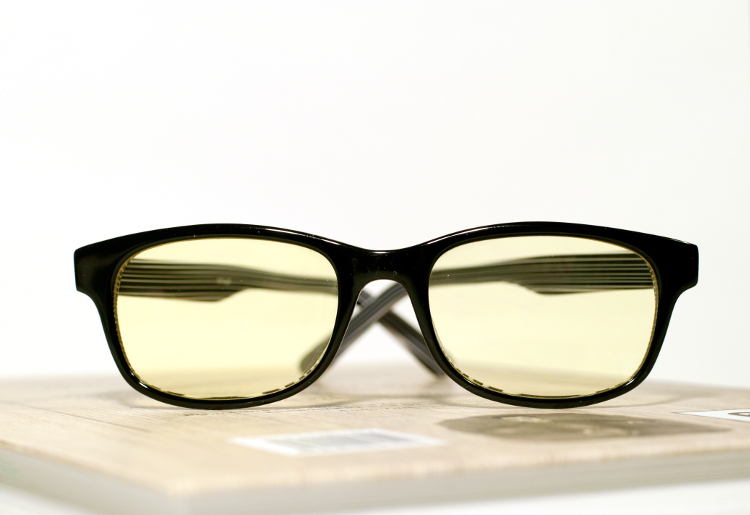
Look for computer glasses that boast anti-reflective lenses in addition to the tint. The coating affords an added layer of comfort and protection by shielding against blue light reflections on both sides of the lens.
-
4. Try a Screen Filter
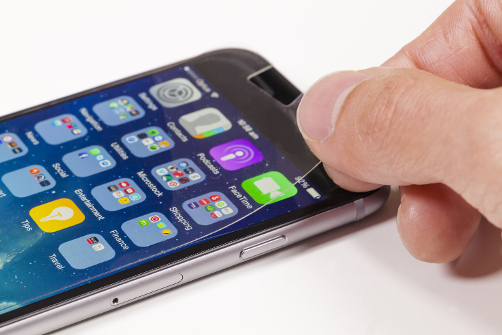
An easy way to help limit exposure to digital blue light is by applying a special screen filter to the front of the device. Screen filters are inexpensive and absorb much of the blue light emitted from digital devices, decreasing exposure.
-
5. IOLs to the Rescue?
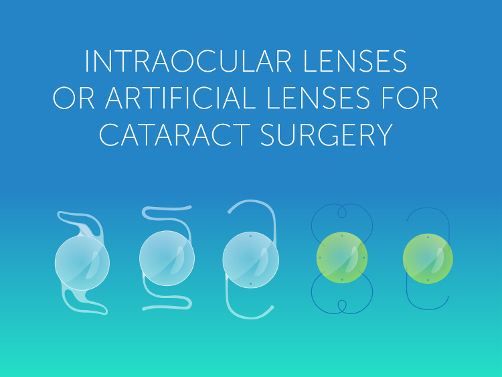
Intraocular lenses (IOLs) are small, implantable artificial lenses used in the treatment of cataracts and myopia. The natural lens of the eye offers a certain degree of protection against various light wavelengths like blue light. There has been some buzz around the notion that certain IOLs are capable of filtering out blue light, but the jury is split. Additional research is needed to determine whether or not there is any merit to the claim of IOL blue light protection.
-
6. Rest Your Eyes
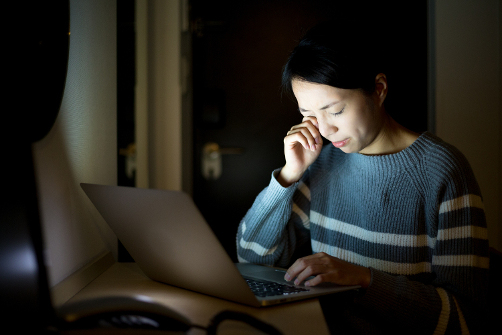
The simplest way to help prevent overexposure to digital blue light is by managing the time spent using them. Be sure to take regular breaks away from the screen. One easy method is to employ the 20-20-20 rule. Every 20 minutes, take a break from your computer to look at something 20 feet away for a minimum of 20 seconds. This technique can help you avoid eye strain, and serves as a regular reminder to be conscious of blue light exposure.


